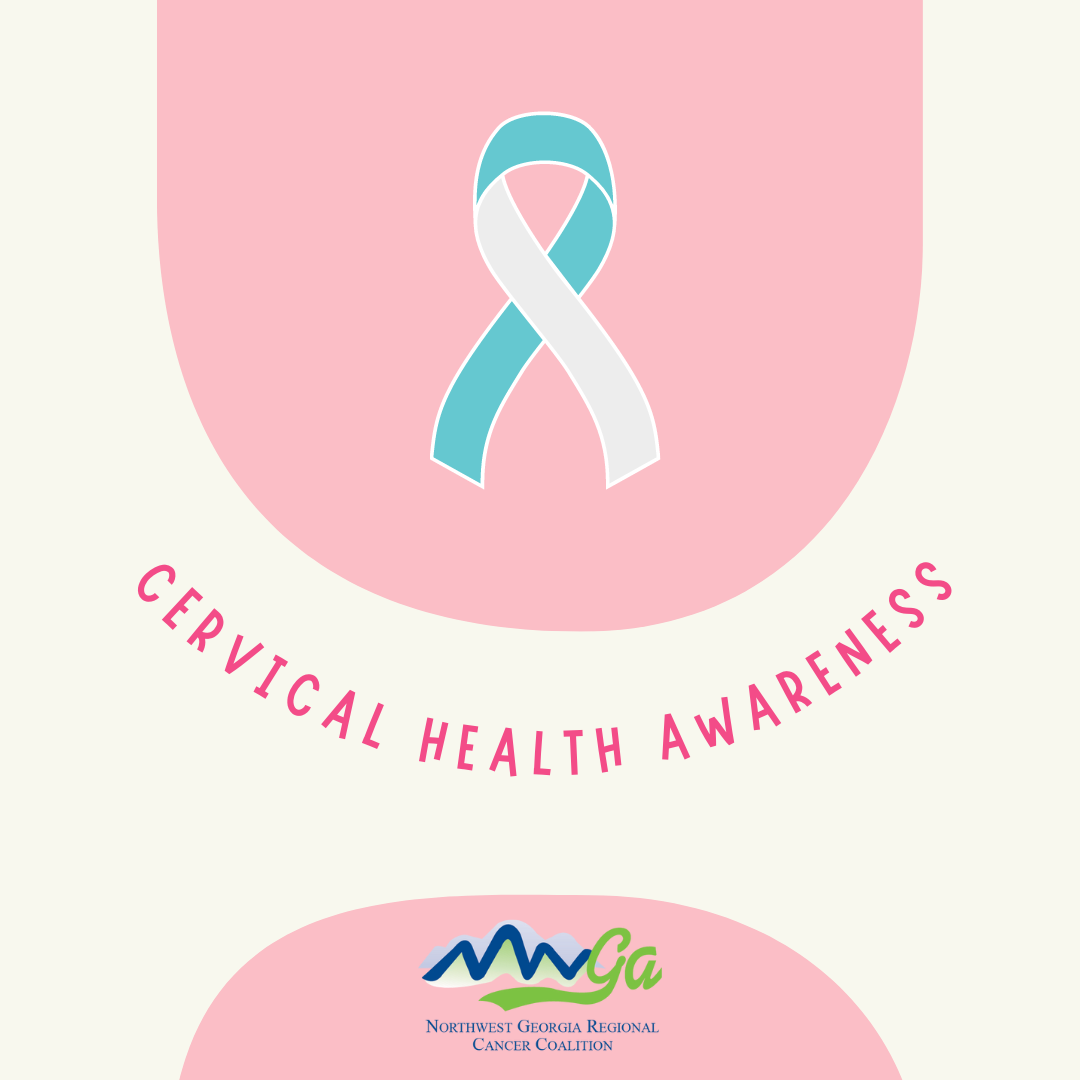
Cervical Cancer: A Preventable Death
Human papillomavirus (HPV) is common virus that affects everyone. In fact, the virus is so common, about 8 out of
10 people will get it at some point in their lives. It can cause six types of cancer, including cervical, vaginal, vulvar,
anal, penile, and oral/throat cancers. Some who become infected may never know it, but other infections will turn
into cancer. According to the World Health Organization (WHO), cervical cancer is the fourth most common cancer
among women globally, with an estimated 604,000 new cases and 342,000 deaths in 2020. The American Cancer
Society estimates there will be 14,100 new cases of invasive cervical cancer diagnosed and 4,280 women will die
from cervical cancer in the United States in 2022.
At this point, you may be wondering “how does HPV lead to cancer?” HPV is a group of more than 200 related
viruses, but around 70% of HPV-related cervical cancer is caused by HPV-16 or HPV-18. The American Cancer
Society states that cancers can be caused by DNA mutations that turn on oncogenes or turn off tumor suppressor
genes. HPV has two proteins that are referred to as E6 and E7 that turn off the body’s tumor suppressor genes,
p53 and Rb. A tumor suppressor gene is a gene that regulates a cell during cell division and replication. If the cell
grows uncontrollably, it will result in cancer. When the body’s immune system can’t fight off an HPV infection with
oncogenic HPV types, it can remain in the body and turn normal cells into abnormal cells. Those abnormal cells will
turn into cancer if left untreated. Similarly, when high-risk HPV lingers and infects the cells of other parts of the
body, it can cause abnormal cells to develop and turn into cancer if it isn’t removed in time.
HPV vaccination plays a critical role in cancer prevention. The vaccine is given as a series of injections. The Advisory
Committee on Immunization Practices (ACIP) recommends that routine HPV vaccination be initiated for all children
at age 11 or 12 years old. Vaccination can be started as early as age 9 years old. Vaccination is also recommended
for all people age 13-26 years old who have not previously been vaccinated or completed the vaccination series.
Up to 93% of cervical cancers are preventable with screening and HPV vaccination. Currently, cervical cancer is the
only HPV-caused cancer for which FDA-approved screening tests are available. Cervical cancer screening (Pap
smear) is a vital component of routine health care for women. The goal of screening for cervical cancer is to locate
precancerous cervical cell changes and treat them to prevent cervical cancer from developing. The United States
Preventative Services Task Force (USPSTF), recommends getting your first Pap test at age 21, followed by Pap
testing every 3 years.
The Northwest Georgia Regional Cancer Coalition partners with healthcare agencies and community organizations
to provide low cost or no cost cervical cancer screenings (Pap smears) and the HPV vaccine series for the
uninsured, under-insured, and underserved patients across Northwest Georgia. Working with our healthcare
partners we identify and navigate patients through recommended screenings to increase early detection and
reduce cancer mortality. Eligible patients must be within 200% of the 2023 Federal Poverty Guidelines. If you are a
patient and think you may be eligible for a low cost or no cost Pap smear or HPV vaccination please visit one of our
partners listed below or call us at 706-291-9998 for a referral. If you are a screening partner or health care provider
with patients needing screenings or HPV vaccination, please contact us at 706-291-9998.
Screening and Vaccination Partners: Public Health Departments and Primary Healthcare Centers.
If you have concerns about the HPV vaccine or your risk of cervical cancer, talk with your healthcare provider.
Collaboration on this article was provided by: Winship Cancer Institute and Emory University
By: Allison Agnew














